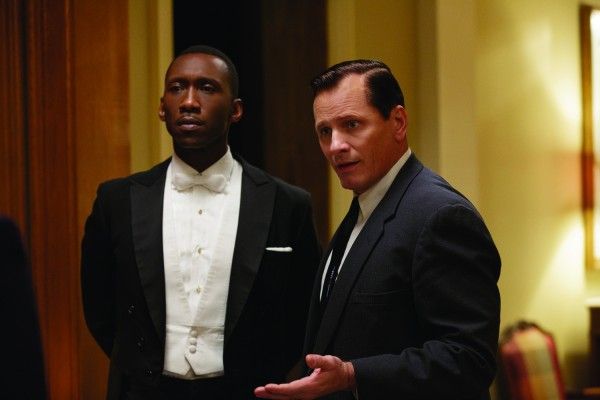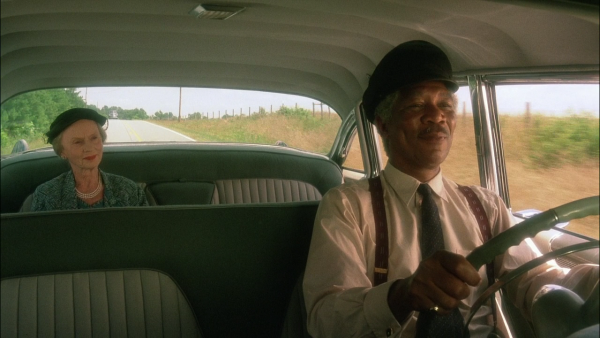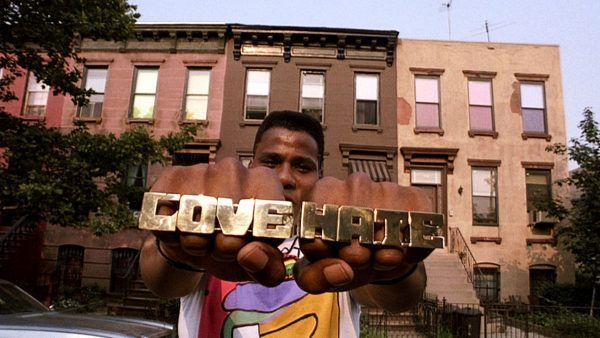Quick, name the Best Picture Oscar winner of 1989. No, it wasn’t Field of Dreams—although that was nominated. No it wasn’t Dead Poets Society or Born on the Fourth of July either, although they too were nominated. It was Driving Miss Daisy, a feel-good race-relations drama about a wealthy widowed white woman and her relationship with her black driver. The film won four Oscars in total—including Best Adapted Screenplay—and pretty much no one talks about it today. Except in relation to the other films it beat out for the Oscars’ top award.
Indeed, Driving Miss Daisy is one of a number of cases of the Oscars “getting it wrong”, but also serves as a reminder that when it comes to the Academy Awards, time ultimately shines a light on the films destined for greatness. Another hard-fought Best Picture battle came in 2010, when David Fincher’s drama about power struggles in the 21st century, The Social Network, was up against Tom Hooper’s true-story period drama The King’s Speech, a film about a king overcoming a speech impediment. The King’s Speech won Best Picture, Director, Actor, and Original Screenplay, and yet eight years later, The Social Network is widely cited as one of the most essential films of the 21st century. The King’s Speech, meanwhile, is largely regarded as “that movie that beat The Social Network.” Again, time has been kind not to the victor, but to the loser.
This is not to say the Oscars don’t matter, or that an Oscar win is arbitrary. Some Best Picture wins hold up remarkably well. No Country for Old Men remains one of the boldest, most challenging films to win the Academy’s top honor, and Moonlight’s win over the flashier, more commercial La La Land was a stunning upset in more ways than one. And while an Oscar win doesn’t “matter” in the general sense of the word, it can point audiences towards films that would be a hard sell otherwise. How many people were spurred to check out Moonlight because it won Best Picture? Quite a few, undoubtedly. And that in and of itself makes the Best Picture win worthwhile.
But in the wake of Green Book’s win for Best Picture—which was controversial to say the least—it’s important to keep in mind that quality films really do rise to the top over the course of time. Whether Green Book will be remembered in the ensuing years as a worthwhile pick or if it’ll be relegated to forgettable “trivia” status like Driving Miss Daisy or Crash, it’s too early to say. But past Best Picture nominees like Saving Private Ryan, The Sixth Sense, Brokeback Mountain, and even Boyhood are proof that you don’t have to win Best Picture in order to be remembered as an important piece of film history. If the quality is there, time will be good to you.
And that’s to say nothing of the films that weren’t even nominated for Best Picture, like Singin’ in the Rain, Rear Window, Seven Samurai, 2001: A Space Odyssey, Boogie Nights, and The Dark Knight. All classics. All remembered. All without a Best Picture nomination.
So with Green Book’s win, try to remember that time will ultimately tell whether its honor was deserved. No one’s looking back at Crash and saying it is objectively a great movie simply because it won Best Picture. Time has not been kind to the 2006 film, and it’s largely a footnote at this point.
Perhaps it’s most prudent to head back to the year Driving Miss Daisy won Best Picture. Its fellow nominees were the aforementioned Dead Poets Society, Field of Dreams, and Born on the Fourth of July, as well as My Left Foot. But the most iconic and relevant film from 1989 wasn’t even nominated for Best Picture. It was Do the Right Thing, filmmaker Spike Lee’s searing, challenging film about race relations. Exactly 30 years later, Lee was back up against an old-fashioned race drama set inside a car, and once again his film—this time BlacKkKlansman, and this time actually nominated for Best Picture—lost. And yet, three decades on, Do the Right Thing is being taught in film school, and Driving Miss Daisy is a punchline.
Time always tells. And sooner or later, quality always rises to the top.





